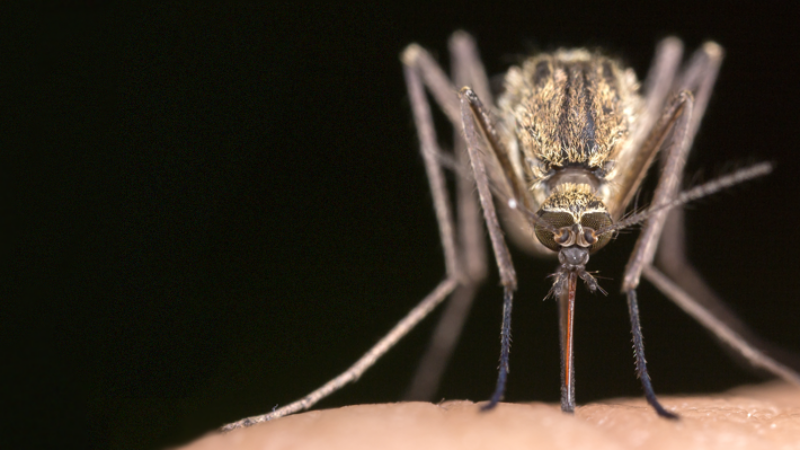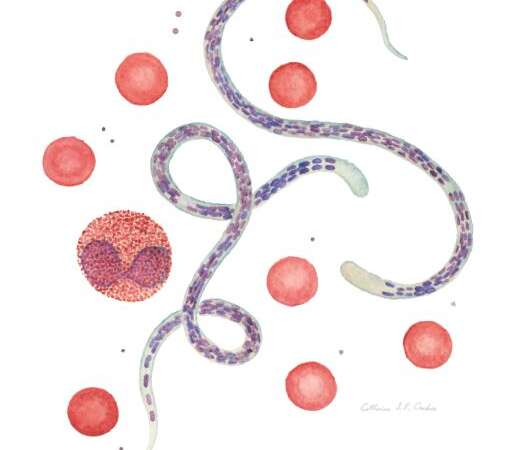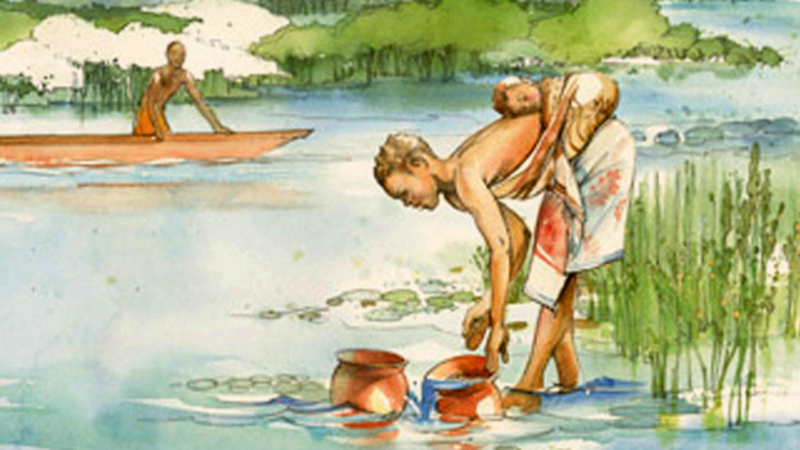vector control
The Economics of Resistance
It would be extremely difficult to calculate, with any high degree of accuracy, the global economic impact of insecticide resistance. For starters, we must consider that insect management plays a pivotal role in a variety of sectors – agriculture, home and garden, forestry, structural applications, and vector control. Analysis of the totality of economic impacts arising from resistance in any one of these sectors quickly becomes a complicated interplay of variables that interact within that given system.
Insecticide Resistance in Arthropods
Insecticide resistance is a global problem that poses mounting challenges to human health. Insects’ ability to quickly adapt to chemical interventions renders products ineffective and undermines pest management efforts in both agriculture and public health. This compromises our capacity to produce a safe and affordable food supply while impairing our ability to safeguard society against crippling or even fatal vector-borne disease.
Valent BioSciences Team Brings Forth Novel Mode of Action Targeting Pyrethroid-Resistant Mosquitoes
Ten-Year Development Project Results in potential for First Mosquito Adulticide Based on Fermentation Technology An Experimental Use Permit (EUP) application has been submitted to US …
New MoA Success Drives Provocative Research with Broad Implications
Impact of ivermectin in onchocerciasis control could be just the beginning The iconic story behind onchocerciasis elimination efforts offers lessons that extend well into the …
It All Started with a Gift
Merck’s commitment to donate ivermectin for onchocerciasis control in the late 80s was only the beginning of the challenge to deliver the intervention to those …
Silencing River Blindness – a Legendary Story of Public Health Triumph
As the world marshals its collective resources in the fight against COVID-19, an often forgotten major Public Health accomplishment achieved through an intense global Public-Private …
What Happened with Zika
Five powerful positives that emerged in the wake of the 2016 Zika outbreakThink back two years to 2016. Never a day went by when there …
Predicting Public Health Risks with Satellite Imaging
Model predicts 63% of within-city dengue variance With ever-evolving technologies, there is growing amount of data to be interpreted. Of this data, satellite images are …
Brazil Faces a Triple Threat From Viruses Old and New
A series of economic, environmental, and epidemiological factors have combined to present public health officials in Brazil with a very challenging situation this year. On …
Aedes Albopictus and Local Transmission of Dengue and Chikungunya
In the past decade, Aedes albopictus has been making steady northward progress from the Mediterranean coast into Europe. A highly opportunistic breeder, Aedes albopictus will …




